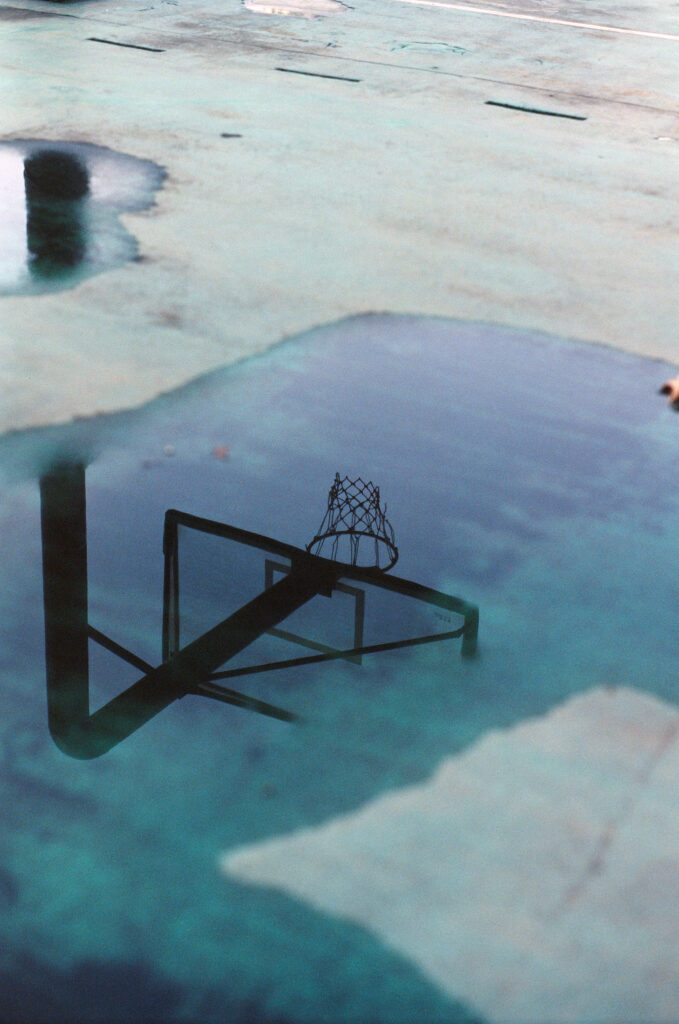Have you ever wondered how to protect your little one from pesky mosquitoes while strolling through the park? Fear not, for attaching a stroller mosquito net is a breeze! Simply follow these easy steps to ensure a mosquito-free outing for you and your child.

Checking the stroller mosquito net
Before you attach a stroller mosquito net, it’s important to inspect the net to ensure it is in good condition and free from any damages. Start by examining the net closely and checking for any tears, rips, or holes. Make sure there are no loose threads or any other signs of wear and tear. If you notice any damages, it’s best to replace the net to ensure it provides effective protection against mosquitoes and other insects. Remember, the condition of the net is vital for the safety and comfort of your child.
Ensuring compatibility with your stroller
Not all stroller mosquito nets are universal, so it’s essential to ensure that the net you have is compatible with your specific stroller model. Before purchasing or using a mosquito net, check the manufacturer’s guidelines or consult the product packaging to confirm that it is suitable for your stroller. Using a net that is not designed for your stroller may lead to improper attachment or compromised protection for your child. Always prioritize safety by using a compatible net.
Examining the net for damages
Apart from inspecting the overall condition of the stroller mosquito net, it is important to examine the mesh fabric for any holes or gaps that may allow mosquitoes or other insects to enter. Run your hand across the net to feel for any openings that may not be readily visible. It’s crucial to have a net with a fine mesh to prevent insects from getting through. If there are any damages or gaps in the net, it is advisable to replace it to ensure effective protection for your child.
Preparing the stroller for attachment
Before attaching the stroller mosquito net, it’s essential to prepare the stroller properly. Begin by selecting a suitable location for the net attachment. Look for a spot on the stroller canopy that allows for easy access to your child while providing optimal coverage. It’s important to choose a location that does not obstruct your child’s visibility or interfere with the stroller’s functionality.
Next, take the time to clean the stroller thoroughly. Remove any dirt, debris, or food particles that may attract insects. Wipe down the surfaces with a gentle soap and water solution, ensuring that all crevices and corners are cleaned. Proper cleaning not only improves the overall aesthetics of the stroller but also helps to maintain a hygienic environment for your child.
Additionally, make sure to remove any obstructions that may hinder the attachment of the mosquito net. Check for toys, blankets, or any other items that may interfere with the proper fit of the net. Removing these obstructions will ensure a secure and effective attachment.

Attaching the stroller mosquito net
Now that you have prepared the stroller, it’s time to attach the stroller mosquito net. Begin by identifying the proper orientation of the net. Most mosquito nets have a designated top and bottom. The top usually has a rounded or dome-shaped opening to fit over the stroller canopy, while the bottom is designed to cover the lower portion of the stroller.
Next, secure the net to the stroller canopy. Start by placing the net over the top of the canopy, ensuring that the opening aligns with the handlebar or the front edge of the canopy. Pull the net down over the sides of the canopy, and tuck the bottom edges under the stroller seat or frame. Ensure that the net is stretched evenly across the canopy to promote a secure fit.
Finally, adjust the net for a snug fit. Smooth out any wrinkles or creases in the net to ensure it lies flat against the canopy. You may need to adjust the tension at the corners to achieve a tight fit. Take a moment to double-check that there are no gaps or openings where insects could enter. It’s important to have a properly secured net that provides excellent coverage and protection for your child.
Ensuring proper usage and safety
Attaching the stroller mosquito net is just the first step in safeguarding your child from mosquitoes and insects. Here are a few essential points to consider to ensure proper usage and safety:
Checking for proper ventilation
While the mosquito net provides protection against insects, it’s crucial to ensure that it does not restrict proper airflow within the stroller. Always make sure there is adequate ventilation for your child while using the net. Check for any signs of discomfort, such as excessive sweating or redness, which may indicate insufficient airflow. If necessary, adjust the net or consider using alternative methods to protect your child from insects.
Monitoring your child while using the net
Even with a stroller mosquito net in place, it’s important to keep a close eye on your child at all times. Ensure that your child is comfortable and not facing any discomfort while using the net. Check on them regularly to monitor their well-being and make sure they are not accidentally entangled in the netting. By being vigilant, you can address any potential issues promptly and ensure the safety and comfort of your child.
Removing the net when not needed
Lastly, it’s important to remember to remove the mosquito net when it is not necessary. If you are indoors or in an area without insects, there is no need to keep the net attached to the stroller. Removing the net when not needed not only prolongs its lifespan but also allows for better airflow and visibility for your child. Always assess the environment and consider whether the net is required to provide adequate protection.
In conclusion, attaching a stroller mosquito net involves checking the net’s condition, ensuring compatibility with your stroller, preparing the stroller, attaching the net properly, and following safety measures. By taking these steps, you can effectively protect your child from mosquitoes and other insects while enjoying your stroller outings. Prioritize safety and follow the manufacturer’s guidelines to ensure your child’s well-being. Happy strolling with your little one!


